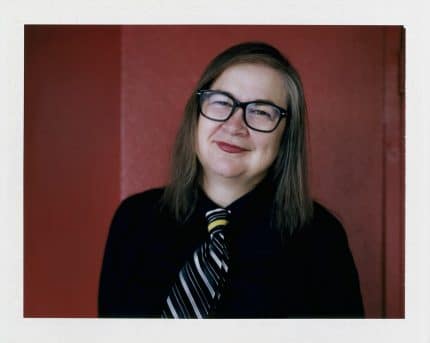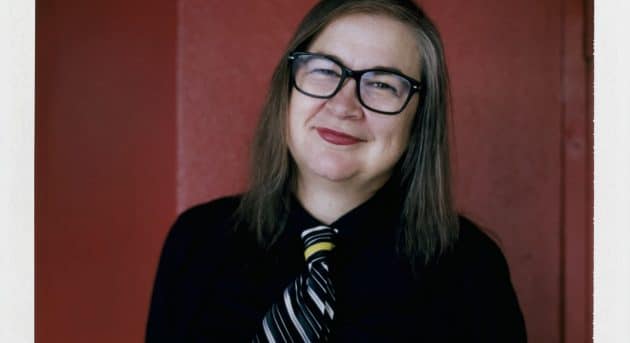Speechless: a Wordless Opera
A groundbreaking work such as this in new Australian music is as rare as a straight answer from a politician.

With Speechless, award-winning Australian composer Cat Hope has created an opera unlike any other. I had the privilege of attending the first public viewing of her composition’s workshop on Friday 28 July in Port Adelaide. Speechless was produced by Annalisa Oxenburgh of Tura Music, a Perth-based production house for new music and sound art. The workshop was part of an Incubator Residency Program hosted by Vitalstatistix, a South Australian contemporary arts organisation.
It was a long journey for Hope to present this work to the public. Oxenburgh stated, “We’ve worked with Cat over the past three years, raising money to make this workshop possible. Towards the end of last year, Emma and the fantastic team here at Vitalstatistix came on board as our partner in this workshop and the real journey began there.”
Speechless gives a voice to the voiceless. Inspired by the 2014 Human Rights Commission report, The Forgotten Children: National Inquiry into Children in Immigration Detention, it is the composer’s response to many current affairs issues. Her admitted helplessness regarding asylum seekers, the indigenous, inequality, and domestic violence manifests in this moving work.
“It was never my intention to speak on behalf of anyone other than myself.”
Cat Hope
Hope describes music as an abstract art and her treatment of the delicate subject matter is profound, courageous, and inspiring. In her opening address, Hope asserted, “This is my attempt to acknowledge or grapple with these issues and I’m not intending to speak for anyone. This is more my own personal response to a world where I feel like it’s out of my hands, and a lot of things are being done in my own name that I don’t agree with.”
Hope would have Meghan Trainor grinning as she too was ‘all about that bass’. Composed for the Australian Bass Orchestra, choir, and four vocal soloists, it followed an operatic structure, but that was the extent of it. The workshop was conducted by Music Director, Aaron Wyatt and showcased new music in its truest sense. Everything was experimental including the use of graphic notation projected onto a screen and tracked in real time by the Decibel ScorePlayer. Guy Smith cleverly designed sound, and tablet computer technology substituted the traditional paper score.
The composer wanted the musicians and viewers to access the themes of the Human Rights Commission’s 2014 report through this adaptation. When explaining the impetus behind the graphic notation and choice of instrumentation, Hope stated in her programme, “I decided to use elements of the text, drawings, tables, maps and even design elements of the document in the construction of my graphic score. I could use my work with drone, noise, improvisation and experimental notation to create a work that used the document, without making a preachy experience.”
The lack of discernable patterns in the score was challenging to a conditioned brain. I made an effort to ignore everything I thought I knew about opera and how singers sing; perhaps there are parallels to draw given that we may think we understand the plight or motivations of the oppressed when we can only understand things by means of our own experience.
To say I was captivated by the rationale and the execution of this workshop performance is an understatement. Befitting its name, it is the rare piece that elevates a viewer to a higher state of consciousness. I felt honoured to be witnessing the birth of something new and visceral. From the first notes of the overture, an ambience filled the room signaling at me to leave any logic at the door and listen with my heart.
The wordlessness of the opera was the least of the many aspects, which challenged me while being immersed in this composition. The music brought me into the world of the oppressed and often forgotten members of our human race. The wails and whispers of the voiceless were magnified through melancholy drones of cellos, the glassy pizzicati of the harp and the eerie murmurs and snarls of the choir.
Her work is unfinished and the final product remains to be seen. Nevertheless, Hope proved through her workshop that when all words fail, music speaks.




